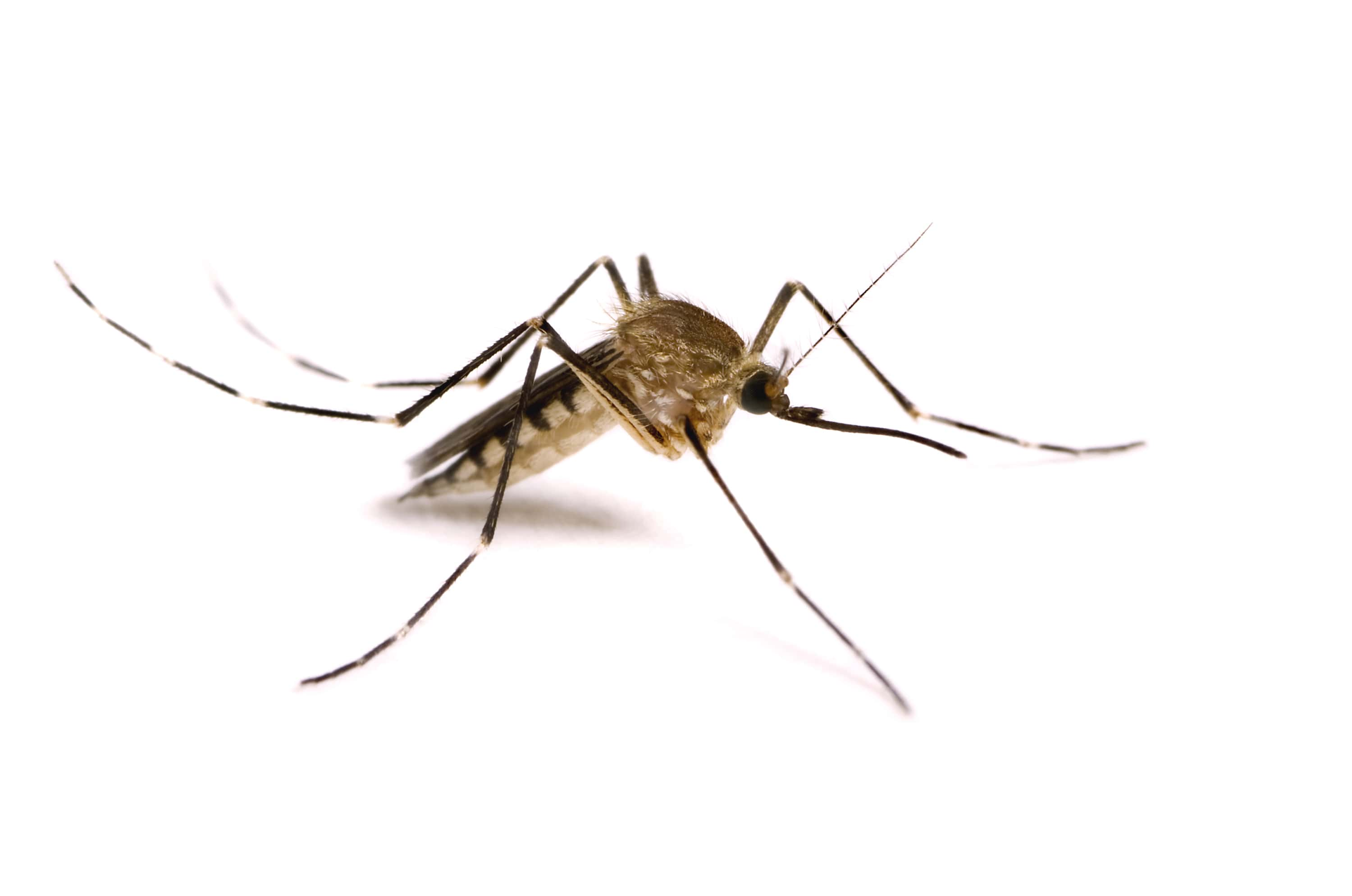The Putnam County Health Department has released information of a positive test for West Nile in a mosquito sample:
Indiana Department of Health officials have confirmed the presence of West Nile virus in mosquitoes in Putnam County.
The sample was taken in Greencastle on August 28.
As of September 16, no human cases have been detected; however, health officials are encouraging all Hoosiers to take steps to protect themselves from insects and diseases they may carry. The Indiana Department of Health expects to see increased West Nile activity throughout the state as the season progresses until the first freeze.
Recommended preventative measures include:
• Avoid being outdoors when mosquitos are active (especially late afternoon, dusk to dawn, and early morning)
• Apply an EPA-registered insect repellent containing DEET, picaridin, IR3535, oil of lemon eucalyptus, para- menthane-diol, or 2-undercanone to clothes and exposed skin
• Cover exposed skin by wearing a hat, long-sleeved clothing, and long pants in places where mosquitos are especially active such as wooded areas
• Install or repair screens on windows and doors to keep mosquitos out of your home
Containers as small as a bottle cap can be a mosquito breeding ground. The following steps should be taken to eliminate mosquito breeding grounds around your residency:
• Discard old tires, tin cans, ceramic pots, or any container that can hold water
• Repair failed septic systems
• Drill drainage holes in recycling bins or any containers left outdoors
• Keep grass cut short and shrubbery trimmed
• Clean out clogged roof gutters and downspouts
• Frequently replace the water in pet bowls
• Flush ornamental fountains and birdbaths periodically
• Aerate ornamental pools or stock them with predatory fish
The Indiana Department of Health states that West Nile Virus disease is the most commonly reported mosquito-borne disease in Indiana and the United States. Most people who become infected with West Nile Virus do not develop any symptoms, but some can develop severe inflammation in the brain, spinal cord, or other parts of the nervous system.
If you think that you may have West Nile Virus disease, contact your primary care physician as soon as possible.
To learn more about West Nile Virus, see below and visit: https://www.in.gov/.../zoonotic.../diseases/west-nile-virus/







